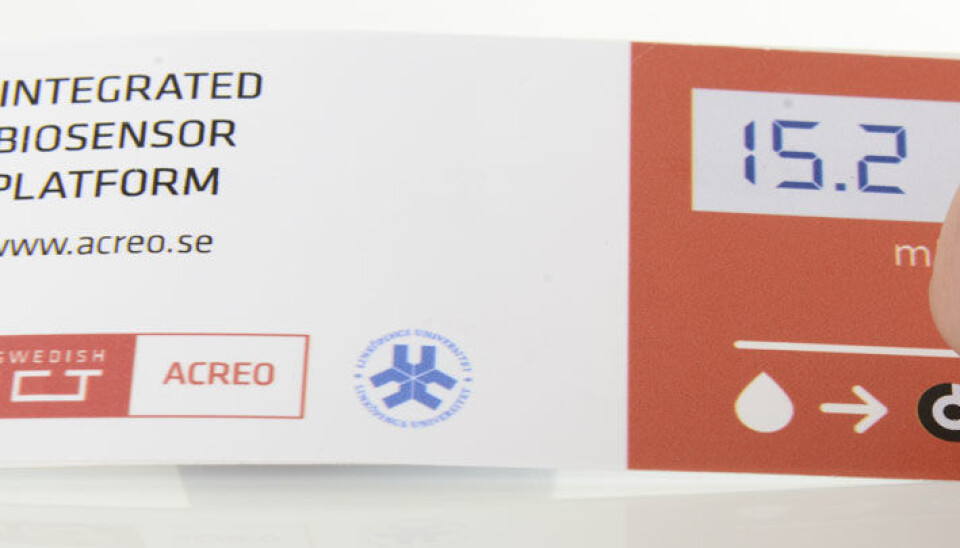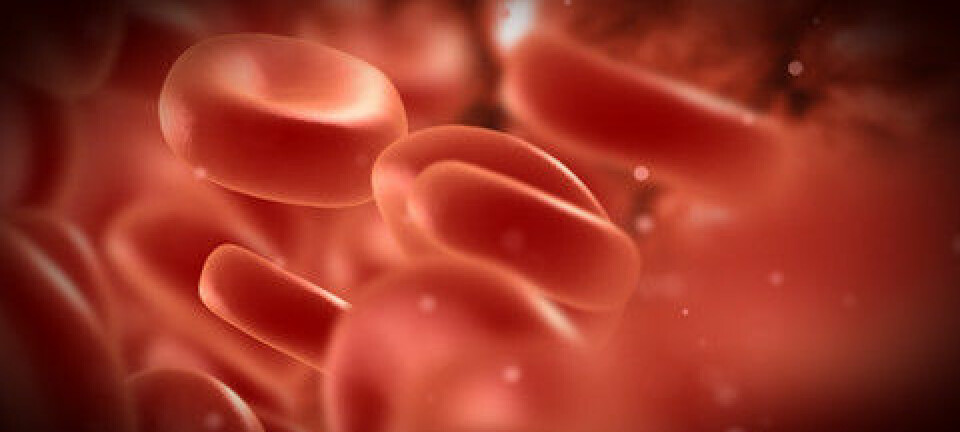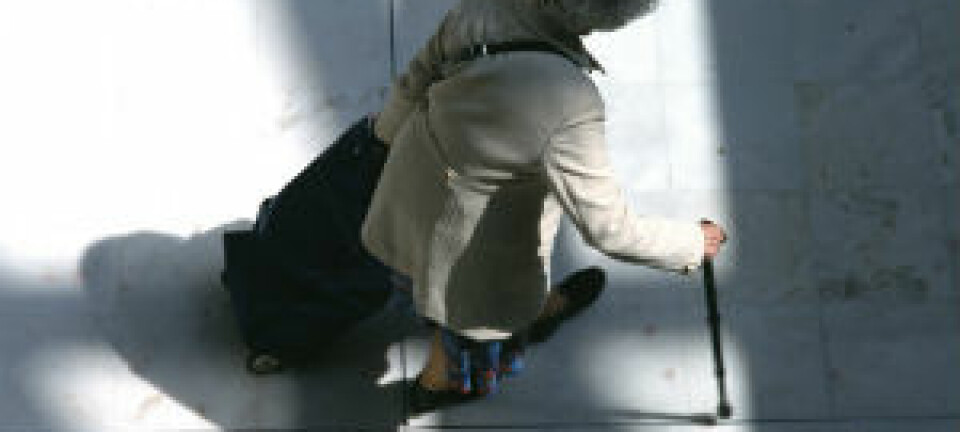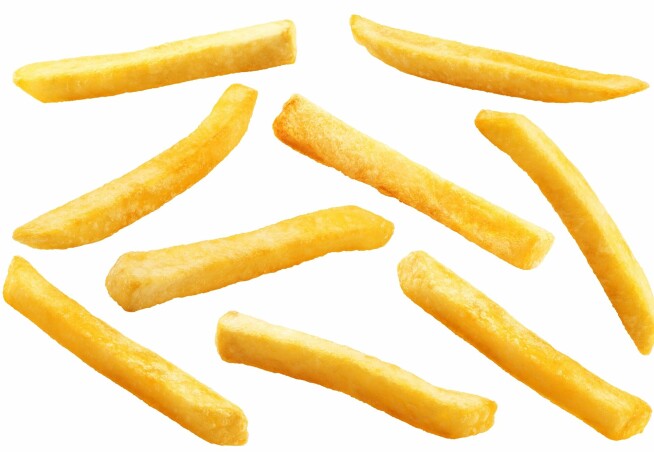
Paper strips that allow rapid diagnoses
Biosensors can be printed on paper, manufactured cheaply and provide instant analyses.
You can assess the state of your health with a biosensor, which can be printed on plastic or paper. The firm developing this kind of device says it will help us avoid unnecessary visits to doctors and skip time-consuming blood tests.
“In the future I think this biosensor will be used to check our own health and warn us of diseases,” says Professor Anthony Turner of Linköping University (LiU)’s Department of Physics, Chemistry and Biology.
“It will also be tiny and cheaply produced, very easy to use. It will be small enough to carry in your pocket.”
Turner was involved in the development of the device, which he hopes will revolutionise personal health maintenance.
The sensor contains components that react to biological material, such as blood or urine, and make measurements according to what needs monitoring. It would deliver the results as a digital signal on a special display.
“The biosensor will eventually be very useful for detecting and controlling kidney ailments, cardiovascular disease and cancer. It can also play a role in individual health care because it could provide a rapid genetic analysis,” Turner says.
“It can also be used in the processing industry, for food hygiene and even has uses in the defence industry,” he added.
Printed on paper
The biosensor, which is currently a prototype, would be a disposable product, printed directly on paper or plastic. It could be produced for less than a dollar per unit.
The company behind the product, Acreo Swedish ICT, says this is the first time this kind of sensor has been printed directly on paper.
“The next step is to develop a sensor system in which the results of the analysis are transmitted to an electronic unit, such as a smartphone,” says Göran Gustafsson, Department Manager at Acreo.
He believes the sensor will make health care more personal.
“Now when you visit a doctor, you spend an hour in the waiting room, the physician might send you to a laboratory for tests, and then there’s a new round of waiting before you might get an answer,” says Professor Turner, who is also a director of LiU’s Centre for Biosensors and Bioelectronics.
He says the biosensor will change all that, because you can take a test and get the analysis directly on a display.
“The focus in the health sector will shift toward the individual. This will result in a health service that is tailored to your own metabolism and lifestyle,” says Turner.
General utility
The sensor was recently presented at the trade fair Digital Health Days in Stockholm. Turner says it was well received but it’s not easy to launch such products.
“Today’s health services are conservative and built around a national scheme that is not ready for our approach. Also, certain professions and companies may feel threatened by our invention. So I don’t expect the biosensor to be introduced without encountering difficulties, far from it,” he says.
What do you say to criticisms about the biosensor giving inaccurate readings and measurements?
“The goal is of course to make it as accurate as possible – which is something we’re working on. But critics who claim that the average person is incapable of using these sensors are being unreasonable. Look at diabetics who for years have been measuring and monitoring their disease with the help of personal blood glucose meters. Nobody is complaining about inaccuracy problems with these biosensors,” Turner responds.
Looking for commercial partners
The next step is to find commercial partners who can get a finished disposable biosensor product onto the market.
“It will cost around $25 million to develop, secure and ascertain that the new biosensor is safe and robust. We need experienced commercial partners who can move the platform forward and invest in the product. We’re looking for partners around the world,” Professor Turner says.
When will it be on the market?
“We don’t have a deadline. But we are working as fast as we can because we think this is a very good product that addresses many demands. The product has huge commercial potential. Now we need to find resources and keep working hard to present the biosensor to the market,” says Gustafsson of Acreo.
He thinks biosensors will eventually solve major global health challenges.
"In the future the public, with the help of biosensors, will be capable of monitoring and maintaining their own health to a much greater degree. Faster diagnoses and prevention of prospective diseases would also benefit the general economy,” Gustafsson says.
-------------------------------
Read the Norwegian version of this article at forskning.no
Translated by: Glenn Ostling








